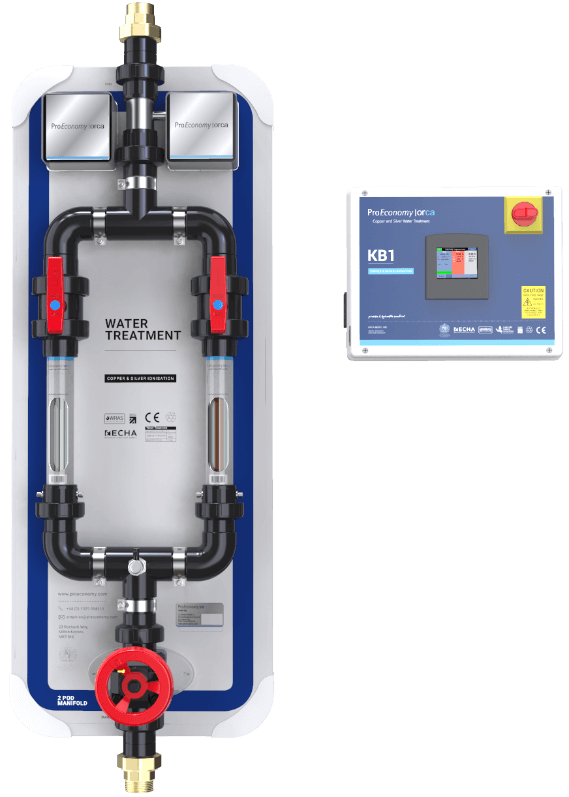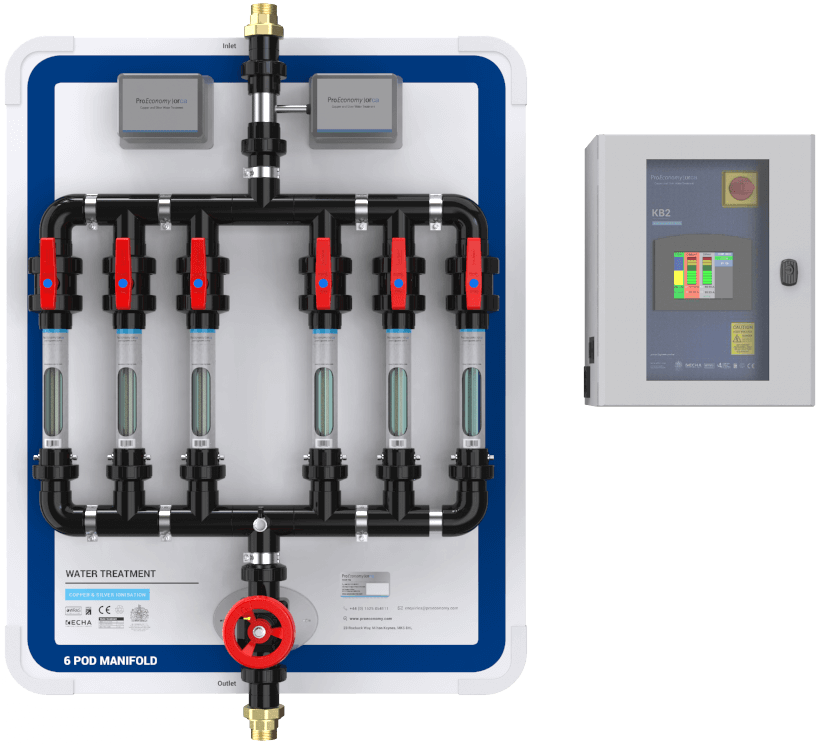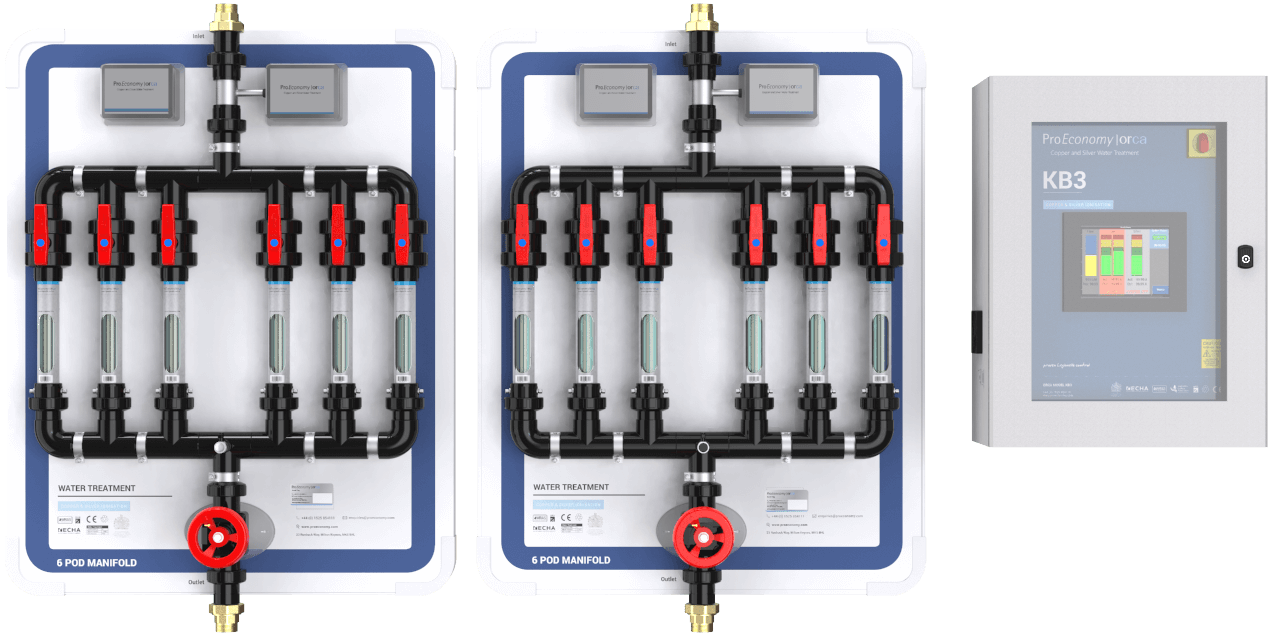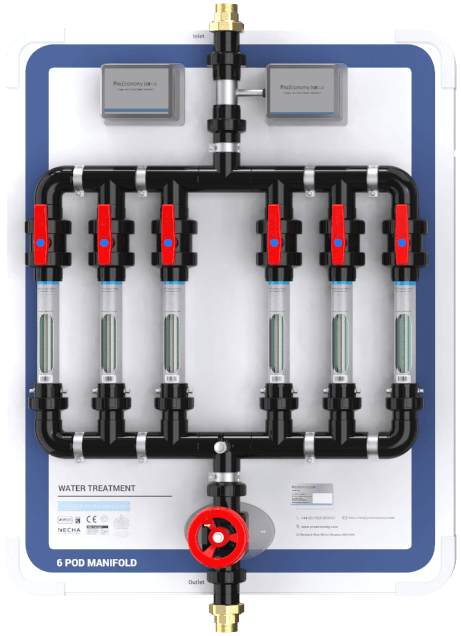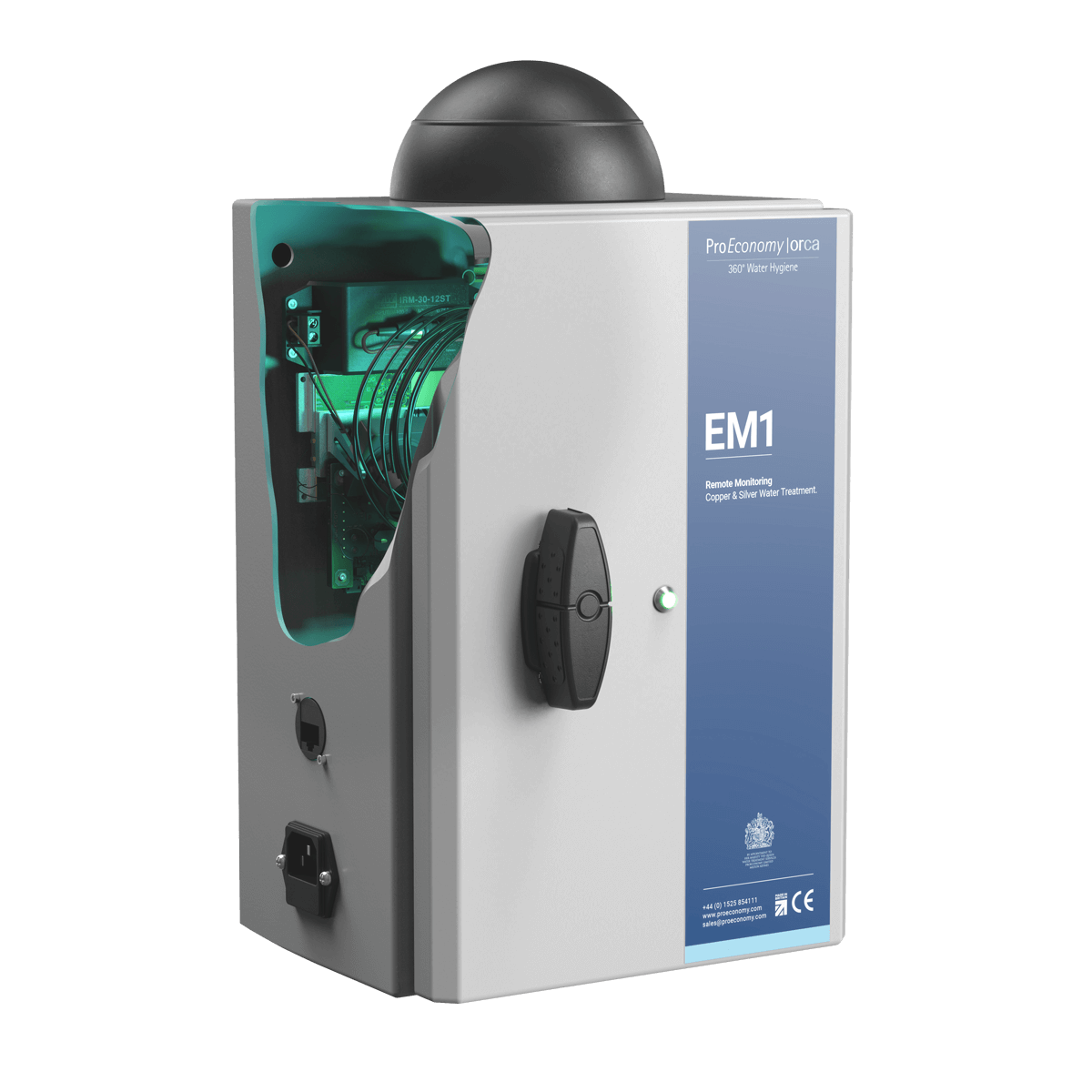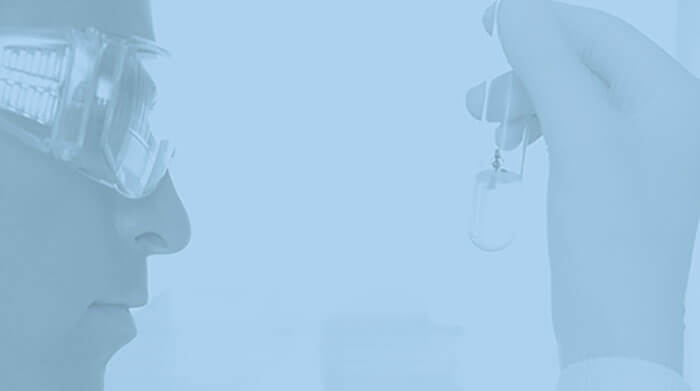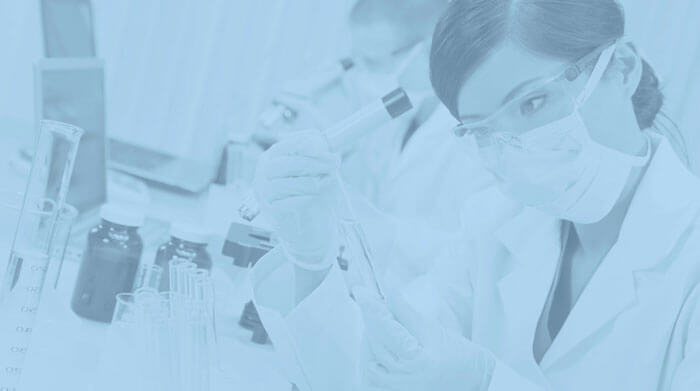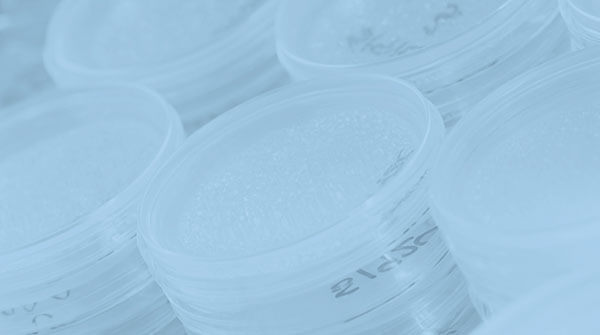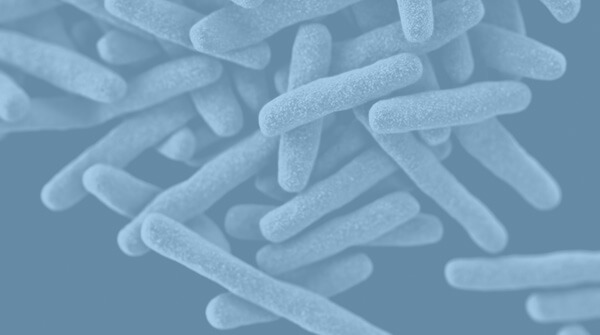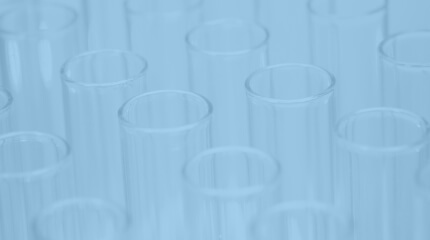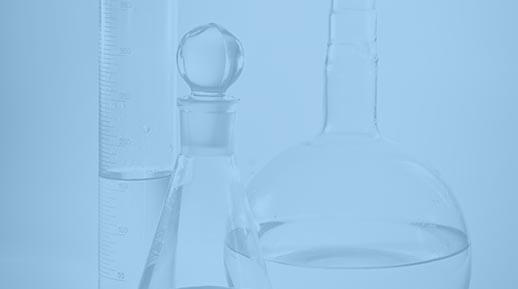 As I was taking my calcium supplement this morning, I caught a glance of the nutrition information on one side of the box. To my surprise, the other components in the mix include copper, at 500 µg per tablet. It is recommended that you take two calcium tablets per day. Therefore, the daily dose of copper taken amounts to 1000 µg per day. This is a higher concentration than our Orca System dispenses during copper and silver ionisation.
As I was taking my calcium supplement this morning, I caught a glance of the nutrition information on one side of the box. To my surprise, the other components in the mix include copper, at 500 µg per tablet. It is recommended that you take two calcium tablets per day. Therefore, the daily dose of copper taken amounts to 1000 µg per day. This is a higher concentration than our Orca System dispenses during copper and silver ionisation.
Further research, highlights endless benefits of copper to humans, plants and the treatment of microbes.
The Orca – Copper and Silver Ionisation
The Orca System is an effective copper and silver ionisation system for treating Legionella in water systems. This involves the continuous release of copper and silver ions in water. Ions are generated by passing a low electrical current between two pure copper and two pure silver electrodes.
Copper and silver ions have a positive charge, i.e. cations, and thus seek opposite polarity. Consequently, they find this in Legionella bacteria as well as in biofilms in the water undergoing treatment. The copper and silver ions attach, through electrostatic bonds, to negatively charged sites on bacterial cell walls; this distorts and weakens the cell wall allowing penetration of the silver ions. The silver ions attack the cell by binding at specific sites to DNA, RNA, cellular protein and respiratory enzymes denying all life support systems to the cell, causing death.
Benefits Of Copper For Humans
I knew we need a few minerals in tiny amounts, hence the name ‘micro-nutrients’ for this group of nutrients. However, I wasn’t sure of the amounts. I looked at the NHS website information on copper requirements as a micro nutrient in our diet, and I found that copper as a trace element is needed at around 1.2 mg per day.
Among the benefits of copper for humans are two important ones. Firstly, it helps to produce red and white blood cells and triggers the release of iron to form haemoglobin (the substance that carries oxygen around the body). Secondly, it is important for infant growth, especially brain development, the immune system and strong bones. This last function explains its inclusion in a calcium-magnesium tablet, which supposedly strengthen bones.
Benefits Of Copper For Plants
Copper is also required as a micro-nutrient in plants. Micro-nutrients are essential for plant growth and play an important role in balanced crop nutrition. In plants copper is a component of enzymes, some of which are important to lignin formation in cell walls. It is is vital to photosynthesis and respiration.
Other micro-nutrients that plants need include boron (B), iron (Fe), manganese (Mn), molybdenum (Mo), zinc (Zn), nickel (Ni) and chloride (Cl). Even though plants only require a very small amount of them, micro-nutrients are as important to plant nutrition as macro-nutrients. A lack of any one of them in the soil can limit growth, even when all other nutrients are present in adequate amounts.
However, intake of micro-nutrients by humans and plants should not exceed the recommended dose as the effects could be detrimental.
Copper and Legionella
Copper is a lethal biocide to Legionella and Pseudomonas aeruginosa. These pathogens are killed by copper ions concentrations as low as 200 µg/L, one fifth of the recommended dose for a human adult.
Whether it’s for humans, plants or most importantly, treating Legionella through The Orca water treatment system, the benefits of copper are extensive.
